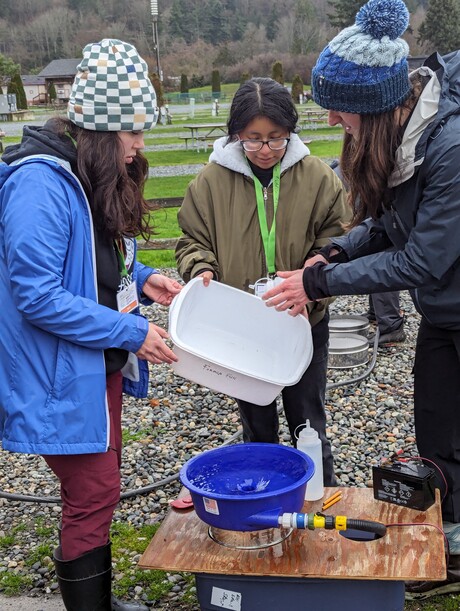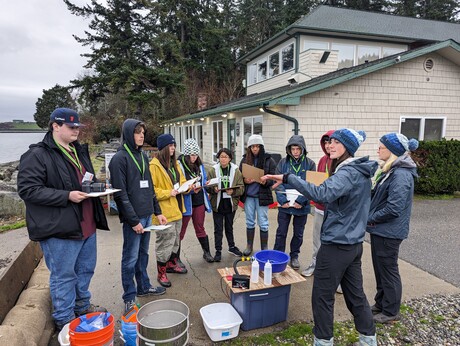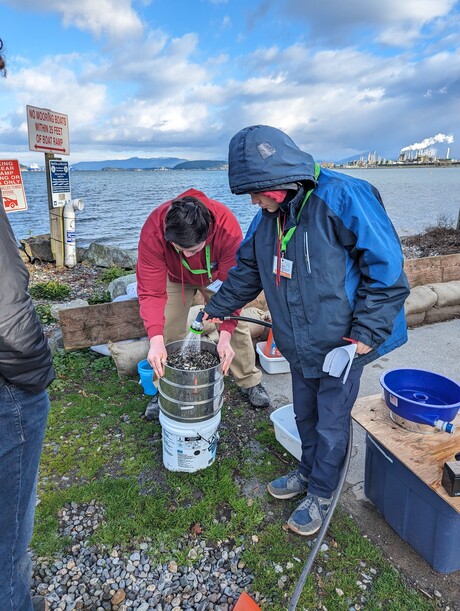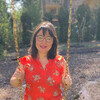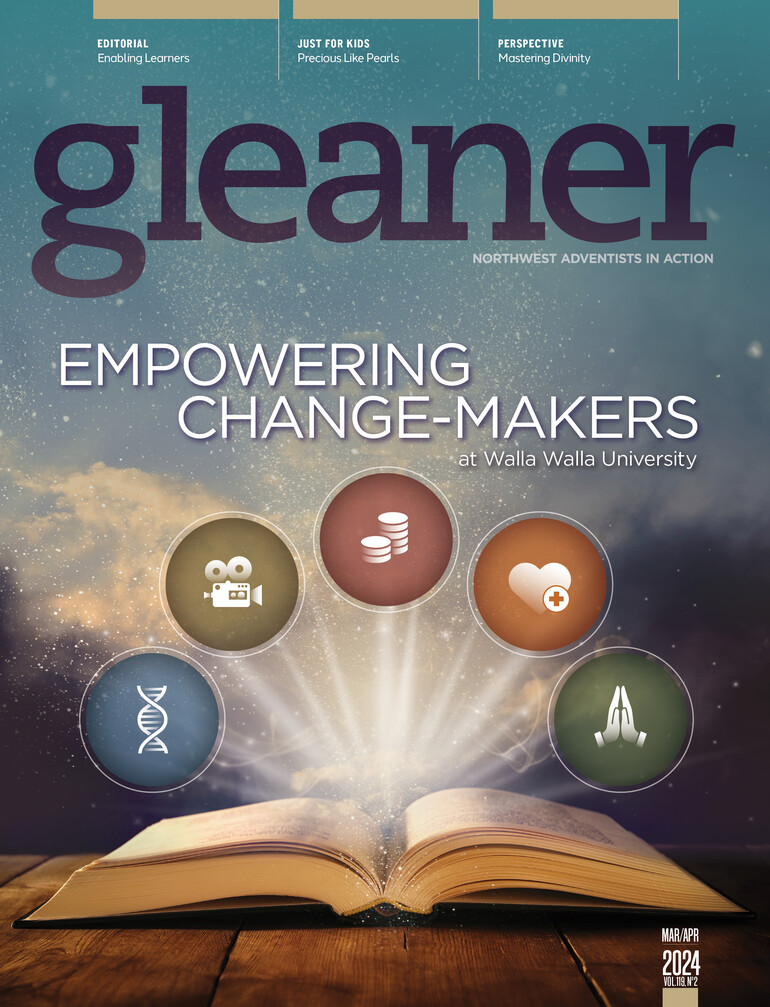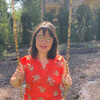My ancestors have lived on the Salish Sea for centuries. My Coast Salish people have maintained a strong, resilient, beautiful culture centered around the incomparable Salish Sea.
I was excited when our local Adventist school, Skagit Adventist Academy, developed a partnership with The Salish Sea School — based in Anacortes, Washington — Students Training as Research Scientists program and the sophomore biology class. One, my daughter, Isabella, is in the sophomore biology class, and two, I am always up for a hands-on, in-the-field education experience.
The Salish Sea School is a “boat- and shore-based marine conservation adventure and research program to create action-oriented student leaders for the Salish Sea and beyond.”
When The Salish Sea School reached out to Zach Mason, SAA science program director, he was very interested. “My entire philosophy of science education is centered around students doing science and not just reading about it or watching it happen on a screen,” Mason said.
The students are taking part in a long-term project by sampling and counting forage fish eggs that have been laid along the high tide line and collecting environmental data at a single location over several months. What great exposure to marine field research for our sophomore biology students!
Students are being coached by field scientists on standard sampling and surveying techniques, providing them with a unique insight into how science is done professionally, as well as giving them useful skills should they choose to pursue an internship in marine science.
Isabella told me that two helpful and knowledgeable ladies teach this marine research program. They separate the large sand samples and look at them under a microscope. With excitement, Isabella told me they saw smelt eggs* under the microscope, and last week they even saw a smelt egg hatch! “It was very cool!”
These programs with The Salish Sea School are generally not free, so we are so blessed at SAA to be partnering in marine education and conservation with this local school. For our students, this experience shows them what marine biology fieldwork is like.
I am grateful for this great experience for our students at SAA. Our students need to learn the impact that marine life and the ocean have on us and the importance of conservation.
Gen. 2:15 tells us, “The Lord God then took the man and settled him in the garden of Eden, to cultivate and care for it.”
---
*Author's note: As a child, growing up in the Swinomish Indian Tribal Community, I participated in the annual smelt derby each year in February in La Conner. Our family would catch these tiny fish with poles as they swam down the Swinomish Channel. It was an exciting family activity and provided an affordable dinner for the whole family.
The smelt were so abundant when I was a child. Now, their numbers aren’t as strong. So to have my daughter “studying” the smelt habitat and eggs is pretty awesome. I am thankful she is a small part of this marine research.

Skagit Adventist Academy students analyze samples and data on the seashore.
